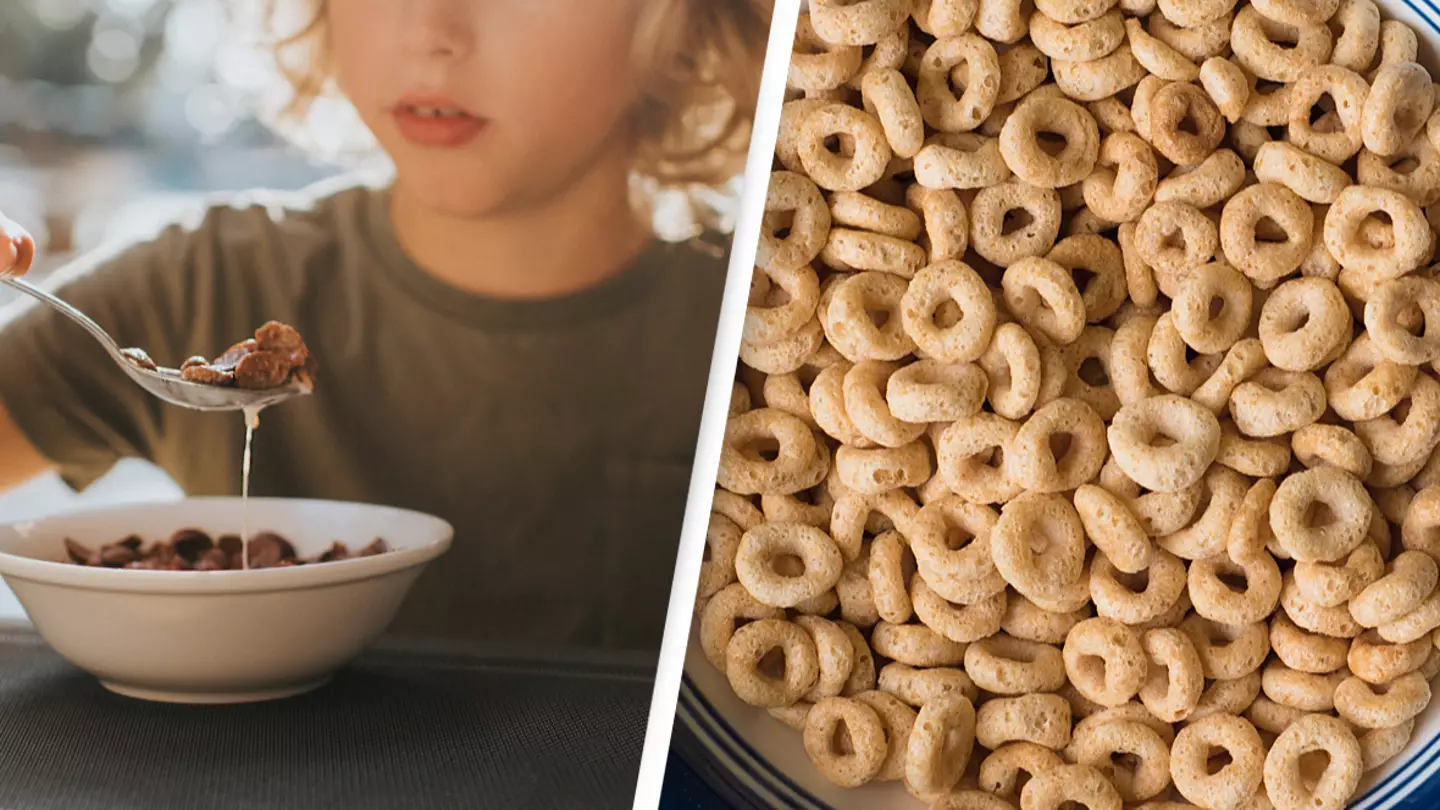
Some 80 percent of Americans have tested positive for a pesticide commonly found in oat-based cereals.
According to a study by the Environmental Working Group, which was published in the Journal of Exposure, four out of five Americans are consuming a pesticide called chlormequat.
The chemical is currently allowed to be used on oats to prevent the crop from bending (which makes it easier to harvest).
“We detected the chemical in 92 percent of oat-based foods purchased in May 2023, including Quaker Oats and Cheerios,” EWG said in a report.
Advert

During the study, the team also compared the data to that collected from 96 people in 2017.
They found that in the most recent tests, there were 'higher levels and more frequent detections of chlormequat in the 2023 samples... which suggests consumer exposure to chlormequat could be on the rise'.
While chlormequat was detected in 69 percent of participants in 2017, this increased to 74 percent between 2018 and 2022, and 90 percent in 2023.
It's thought that the findings suggest exposure to the chemical is high, considering chlormequat usually leaves the body within 24 hours.
Lead author of the study, Dr Alexis Temkin, said: "EWG’s new study on chlormequat is the first of its kind in the US.
"The ubiquity of this little-studied pesticide in people raises alarm bells about how it could potentially cause harm without anyone even knowing they’ve consumed it."
As part of the study, the team tested popular food products, including Quaker Oats and Cheerios.
Scientists looked at seven organic and 13 non-organic foods. They found chlormequat in 92 percent of non-organic products, while only one in seven of the organic products had low levels of the chemical.
They also tested nine wheat-based products and found that only two had low amounts.

The study is particularly concerning due to the link between chlormequat and fertility issues in animals.
In animal studies, it has been shown to pose a risk to foetal development, specifically delaying puberty, reducing sperm motility, shrinking male reproductive organs and reducing testosterone in rats.
Meanwhile, studies showed that chlormequat exposure in pregnancy could 'disrupt foetal growth and metabolism'.
"The federal government has a vital role in ensuring that pesticides are adequately monitored, studied and regulated," said Temkin.
"Yet the EPA continues to abdicate its responsibility to protect children from the potential health harms of toxic chemicals like chlormequat in food."
Mollie Wulff, a spokesperson for General Mills, which manufactures Cheerios, told People: "All our products adhere to all regulatory requirements. Food safety is always our top priority at General Mills, and we take care to ensure our food is prepared and packaged in the safest way possible."
UNILAD has reached out to the FDA, as well as Cheerios and Quaker Oats.
Topics: News, US News, Food and Drink
